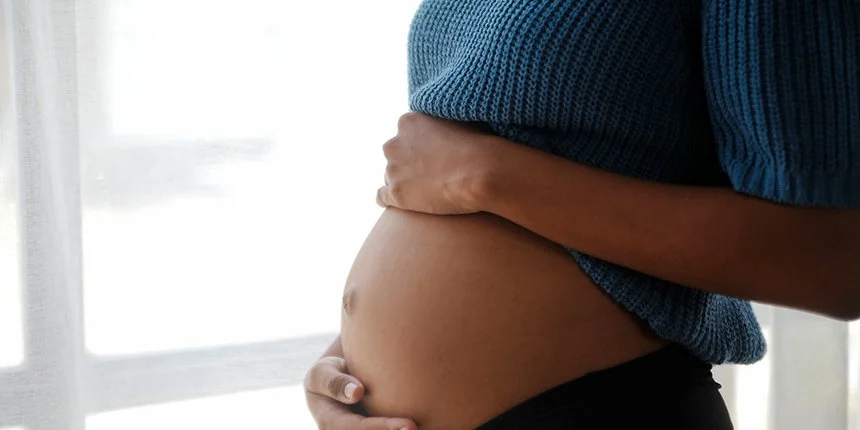Vulvar varicosities in pregnancy: causes, symptoms and how to get relief
Pregnancy brings so many changes to your body – some expected, and some a little more surprising. One of those less-talked-about changes is vulvar varicosities, which affect up to 1 in 5 pregnant women.
Vulvar varicosities are swollen, enlarged veins that develop on the vulva due to the extra blood flow to the pelvic region during pregnancy. While they’re often harmless, they can cause pain, pressure and discomfort.
There are safe, practical ways to manage vulvar varicosities and ease symptoms throughout your pregnancy.
A Women’s Health Physiotherapist can support you with safe ways to manage vulvar varicosities throughout your pregnancy.
What are vulvar varicosities?
Vulvar varicosities are varicose veins that appear on the labia majora or labia minora (outer or inner lips of the vulva). Some women also develop varicose veins in their legs at the same time.
They may cause:
Swelling, heaviness, or aching in the vulva or perineum
Visible or palpable bulging veins
Pain during sex or prolonged standing
Itching or skin irritation
Emotional or relationship stress
What causes vulvar varicosities?
There are several reasons why pregnancy increases your risk:
1. Hormonal changes
Pregnancy hormones soften vein walls, making them more prone to stretching and swelling.
2. Increased blood volume
Your body produces more blood to support the baby and placenta, placing extra pressure on your veins.
3. Uterine pressure on pelvic veins
As your uterus grows it can compress nearby pelvic veins, making it harder for blood to return to your heart (especially from the legs and vulva).
4. Genetic and lifestyle risk factors
You're more likely to develop vulvar varicosities if:
You have a family history of varicose veins
You've had multiple pregnancies
You’re older, overweight or constipated
You have a history of blood clots or stand for long periods
Do they go away?
In most cases, vulvar varicosities resolve a few weeks postpartum. However, about 8% of women may have lingering symptoms that could benefit from further treatment with a Women’s Health Physiotherapist.
8 ways to manage vulvar varicosities during pregnancy
These simple strategies can help relieve discomfort and support your circulation.
1. Support garments
Wear vulvar support garments or compression shorts designed for pregnancy to help lift and support the vulva, reducing swelling.
2. Elevate the pelvis
Lie on your back with a pillow or wedge under your hips. This reduces pressure on pelvic veins. Bonus: do pelvic floor exercises in this position to promote blood flow.
3. Cold compresses
This can help reduce inflammation and provide some pain relief.
4. Avoid prolonged sitting or standing
Change positions frequently. Walk around, do gentle pelvic tilts, or take stretch breaks to improve circulation and reduce pressure.
5. Practice good pressure management
Exhale on effort whether lifting, exercising, or going to the toilet to avoid excessive intra-abdominal pressure.
6. Try a squatty potty
Improved toilet posture supports better bowel movements, reducing strain on pelvic veins. Combine with gentle perineal support and slow exhaling.
7. Stay active (within your comfort level)
Gentle, low-impact exercise like walking or swimming helps maintain circulation and reduces the risk of worsening varicosities.
8. Pelvic floor Physiotherapy
Working with a Women’s Health Physiotherapist can help:
Address pelvic floor tension or weakness
Improve posture and breathing strategies
Tailor a safe exercise plan for your symptoms.
Our Women’s Health Physiotherapists can help.
Here at Embody Movement, we’re here to support you on your motherhood journey. You can trust our caring and qualified team to help you prepare for birth and manage postnatal recovery. We can guide you through changes to your body, support you to stay active, provide strategies to manage vulvar varicosities and help you get back to activities after your baby is born.
To make a booking, phone 07 5337 9853.

